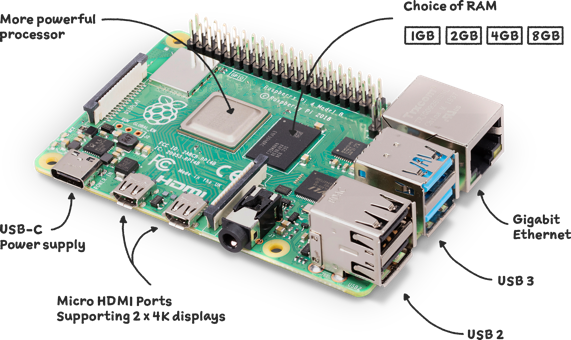
Intro
Faced with the challenge of conducting tests in a mobile environment, I needed a portable and efficient solution. Then, inspiration struck! I realised I could leverage the SRT Cookbook and tsduck to create a compact playout system. Here’s how I brought this idea to life…
Equipment
- RPi 4 Model B
- Case to house this all in
- 32gb SD card
- Rasbpian OS CLI version (headless) v12 bookworm
- TS file
Pre-requisite
Before you embark on this journey you will need to make sure that you have complete the following
- Obtained a TS file there is loads online just perform a google
- Raspbian CLI installed on the PI
Install TSduck
I’ve often encountered difficulties installing tsduck, particularly with dependency conflicts and compilation errors on my Raspberry Pi 4 running Raspberry Pi OS. However, I recently found a comprehensive guide that provided clear, step-by-step instructions, which led to a successful installation.
https://srtlab.github.io/srt-cookbook/apps/tsduck.html
Syntax !
Once you’ve confirmed the application is installed, let’s explore the syntax used in the following example:
tsp -v -I file -i 60ibars.ts -P regulate -p 7 -O srt --caller 192.168.1.198:2000 --transtype live --enforce-burst
TSP = Transport Stream Processor
-v = Verbose ( allows you to log to a file for telemetric purposes)
-I = Input Library
-i = Input file
-P= This is to alter the transmission speed, in this case it is based on PCR and will regulate
-p= TS packets per UDP packet
-O= Output Library
— caller = SRT caller and address
— Transtype Live = Live stream the alternative is file.
— Enforce Burst = Enforces a static chunk size per UDP packet so in my case is is 7
Result

One response
Great piece of kit Mark, we might use this to test our new private 5G network & Starlink combination.